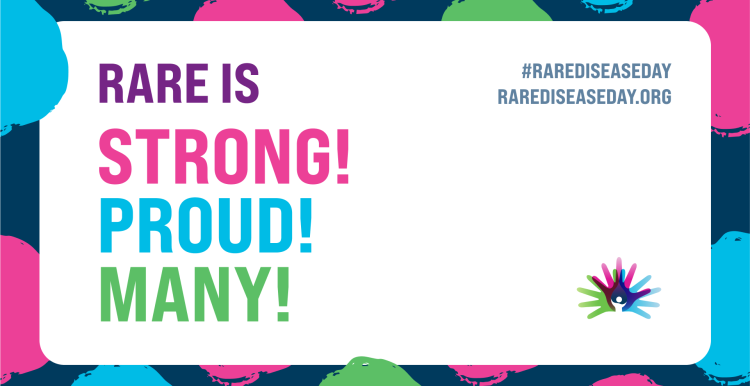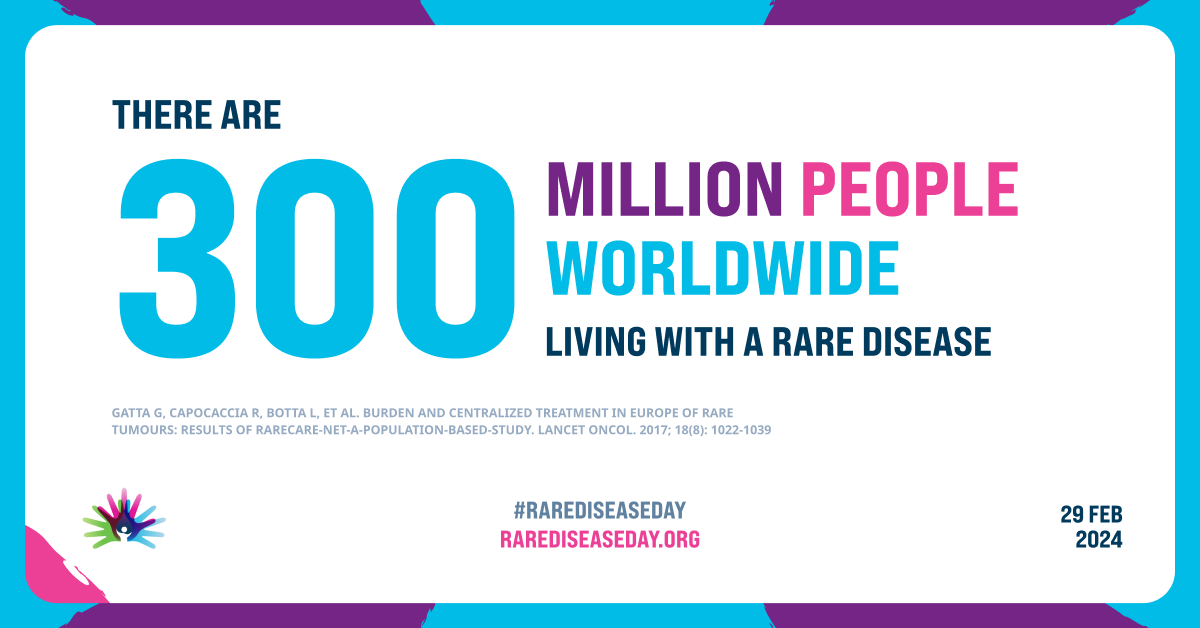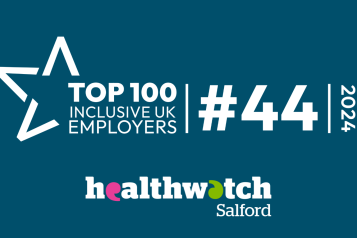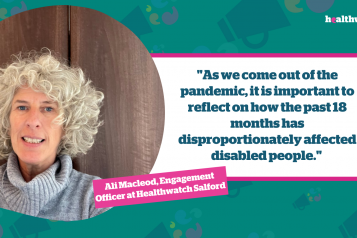Healthwatch Salford Spotlight: Rare Disease Day 2024

Rare Disease Day is the globally-coordinated movement on rare diseases, working towards equity in social opportunity, healthcare, and access to diagnosis and therapies for people living with a rare disease.
Since its creation in 2008, Rare Disease Day has played a critical part in building an international rare disease community that is multi-disease, global, and diverse– but united in purpose.
Rare Disease Day is observed every year on 28 February (or 29 in leap years)—the rarest day of the year.
Over 6000 rare diseases are characterised by a broad diversity of disorders and symptoms that vary not only from disease to disease but also from patient to patient suffering from the same disease.
Rare Disorder Case Study
As part of Rare Disease Day we spoke to someone who has a family member with a rare disorder and how it has impacted them and their family.
"Our daughter has just been diagnosed with an ultra-rare disorder, and it’s fair to say we are reeling from the shock. We have waited many years for this diagnosis, so we hope that it will be helpful to finally have a name for her condition. However, there is a lot unknown- in fact, it probably raises more questions than it answers. It turns out that our daughter is one of only 250 people in the whole world who have this disorder.
We have questions around what this means for her future, and her sibling's futures, whether all her symptoms can be explained by this diagnosis, and whether this will change any of her treatment plans/therapies.
It’s fair to say that our daughter has been a mystery to many health services over the years, and has often had student doctor/nurses present at appointments. We find that health professionals want to hone in on their area of specialism but no one looks at the big picture, and how each of her symptoms affects her day-to-day living. And the new diagnosis probably won’t help people understand her condition as very few people have heard of it.
We’ve discovered that the disorder is not hereditary, and occurred spontaneously, which is good news for her siblings. However, it has now been confirmed that our daughter has a 50% risk of passing on the disorder if she were ever to have a baby.
I feel that a new diagnosis like this should come with the offer of counselling for our daughter and for us – it’s a lot to come to terms with. In some ways it doesn’t change anything as her symptoms all remain the same. And it can provide an explanation for what were inexplicable events that have happened in the past, for example on the 2 occasions when she was a baby and she choked and stopped breathing (one of the symptoms is difficulties with eating and breathing).
But in other ways it’s new information and new things to worry about. As unpaid carers we need to look after our mental health so that we can carry on caring for her as best we can. And we also need to look after her mental health so that she can be as healthy as she can possibly be, and live her best life. Often when you get a diagnosis, you can join a support group and talk to other people who are going through something similar. However, with a diagnosis like this, there aren’t really any support groups – certainly nothing local, and it feels quite lonely.
We certainly always knew our daughter was special – and now we have confirmation of just how special she is!"



